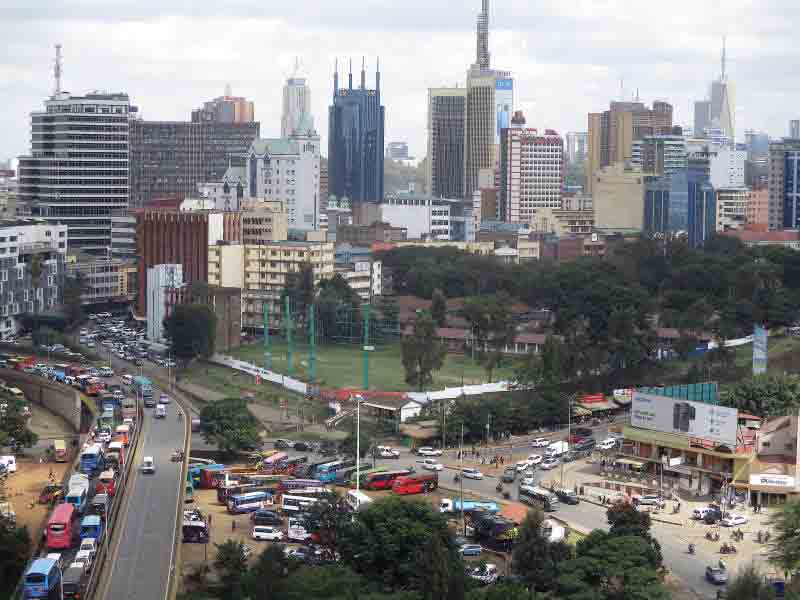×
The Standard e-Paper
Home To Bold Columnists

Former Safaricom CEO Michael Joseph once said that Kenyans are a peculiar lot.
One of our peculiarities is our tendency to move on rather quickly from events/issues. When something we disapprove of happens, we are known to pick it up and discuss it passionately, creating hashtags and memes and picketing on the social media streets. This is usually a great way to decry various vices, ranging from police brutality, to gender-based violence and graft.